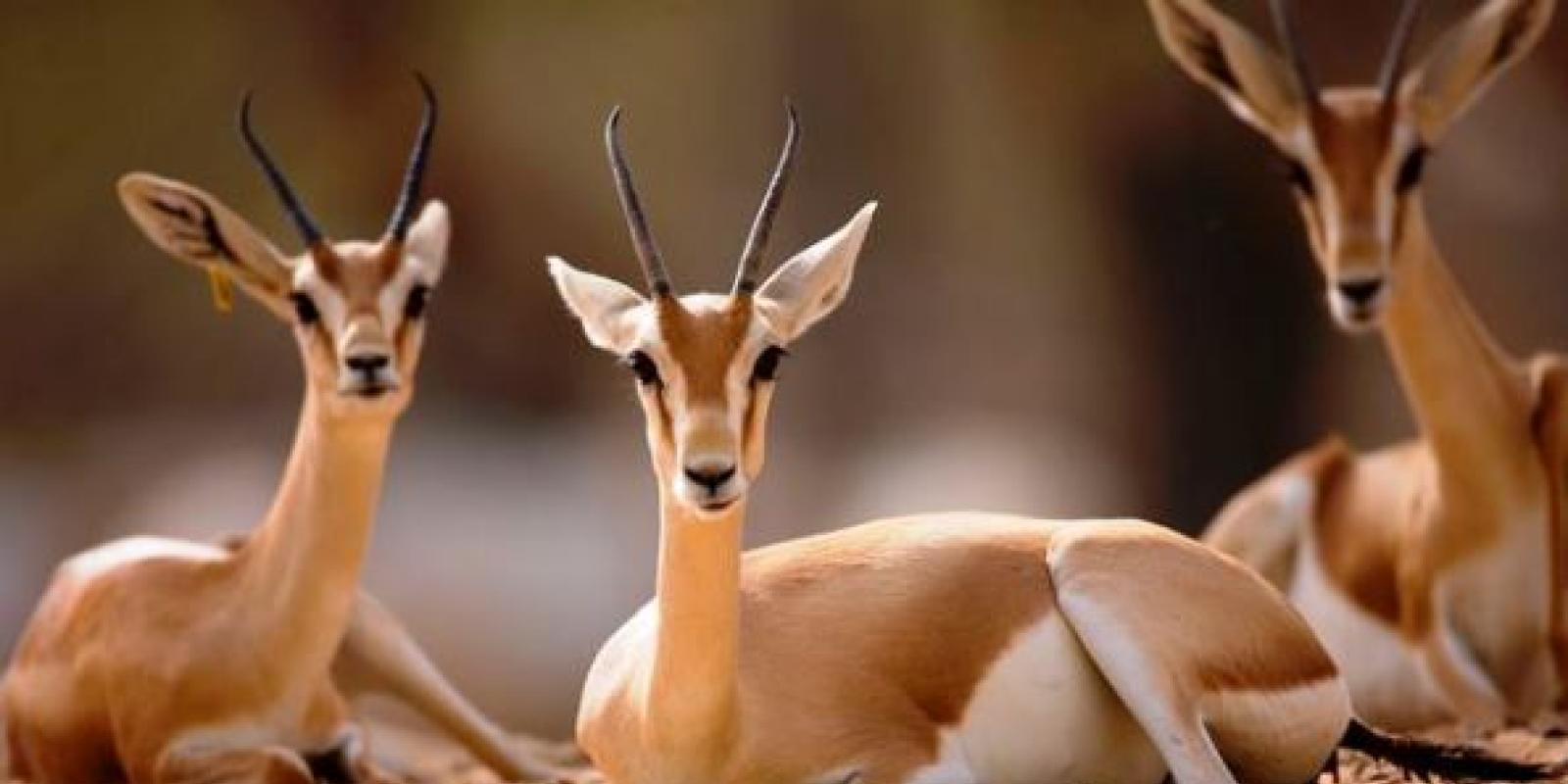
About Conservation
What is “Wildlife Conservation”?
Wildlife conservation entails extensive efforts to
contain and counter the loss of ecological and
biological diversity as well as protect endangered
species from completely disappearing from the face of
our planet.
While some view wildlife conservation and preservation
as secondary to other human and natural disasters
throughout the world, experts see this noble goal as
imperative for the survival and continuity of our
species, to help humankind adapt to environmental
change, and maintain the many economic, health,
environmental and social benefits of biodiversity.
Every species in the biological categorization tree
that exists today contributes to the livelihood of our
planet, and that of humanity nonetheless.
People today may not realize the importance of
conserving wildlife given the lifestyles we lead, as a
species. Our habitats are air-conditioned, our water
is pumped in through pipes all the way to the faucets
in the comfort of our homes, and the food we consume
is ready-made in shops. We are next to clueless as to
how much damage we are actually inflicting upon
ourselves.
Why Must We Care about Wildlife Conservation?
1. Food
Our dietary consumption is absolutely dependent on wildlife; meats, vegetables, fruits, rice and legumes are essential to our nutrition. That said, it goes without saying that we need a healthy environment to grow our produce and a sustainable source of clean, unpolluted water. Otherwise, we will never be able to enjoy the blessing of food, let alone healthy food.
2. Medicine
The pharmaceutical industry is entirely dependent on
microorganisms and plants. More than 25% of the drugs
and medications that doctors prescribe are extracted
from plants and natural compounds. There are more than
7,000 medical compounds extracted primarily from
plants. These treatments, as an industry, are worth in
annual production more than USD40 billion.
Protecting public health by eliminating harmful
organisms and insects, and protecting species from
extinction helps preserve environmental balance and
biological systems to prevent the escalation of yet
more environmental problems.
3. Economy
• Biodiversity plays a key role in the global
economy; it is crucial in the sciences of genetics and
genetic engineering, for better vegetation, healthier
produce and plentiful crop. It is vital to the
maintenance of food, water, medication, timber and
other important products.
• It also plays a role in tourism; many tourists
visit museums and zoos to learn about so many kinds of
animals.
• Industry: Many industries rely on natural
organisms for the production of fibres, wood, oils,
power, dyes, perfumes and rubber. Animals provide us
with many basic products, from meat to fur, not to
mention transport and other contributions to
traditional agriculture as well.